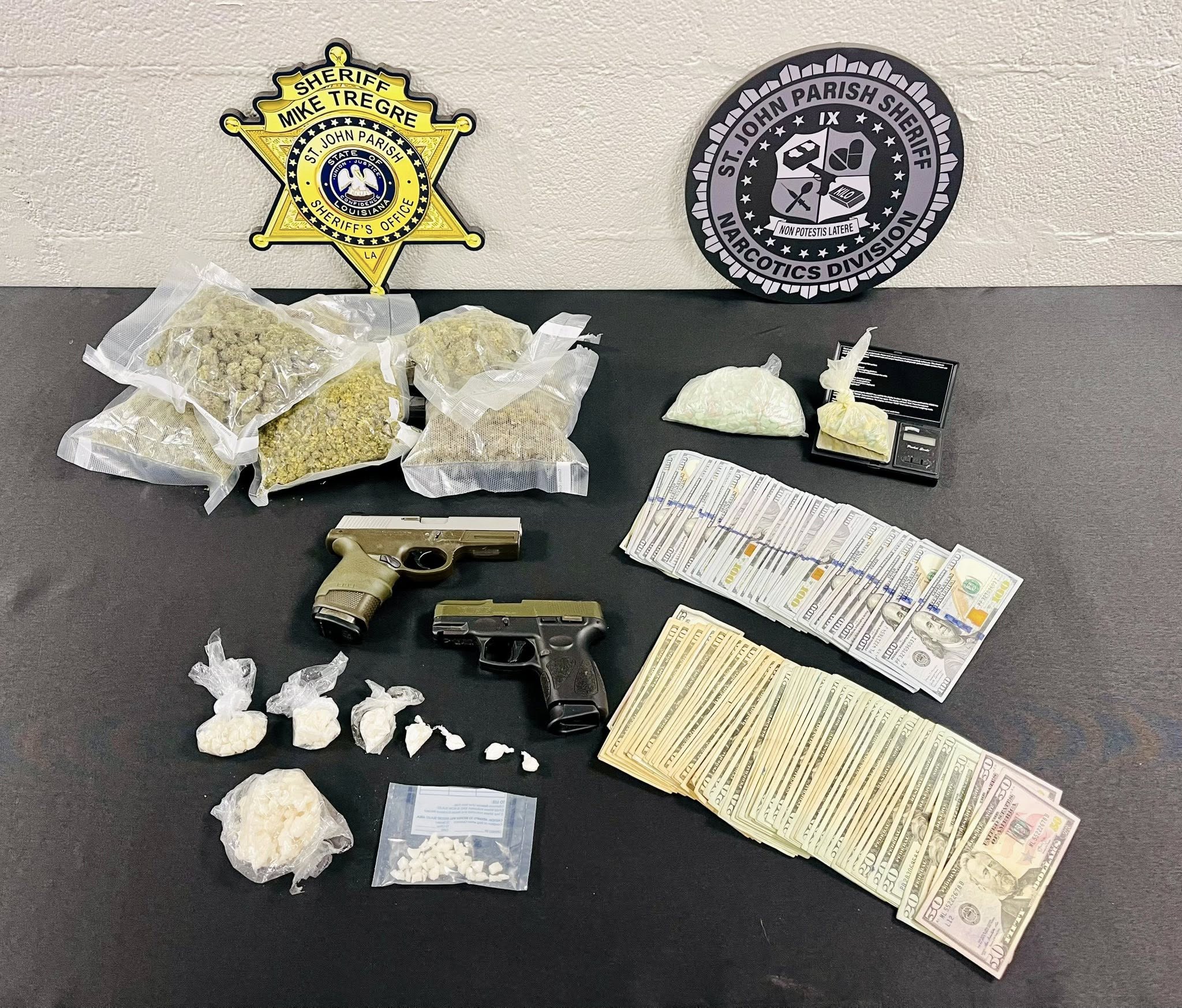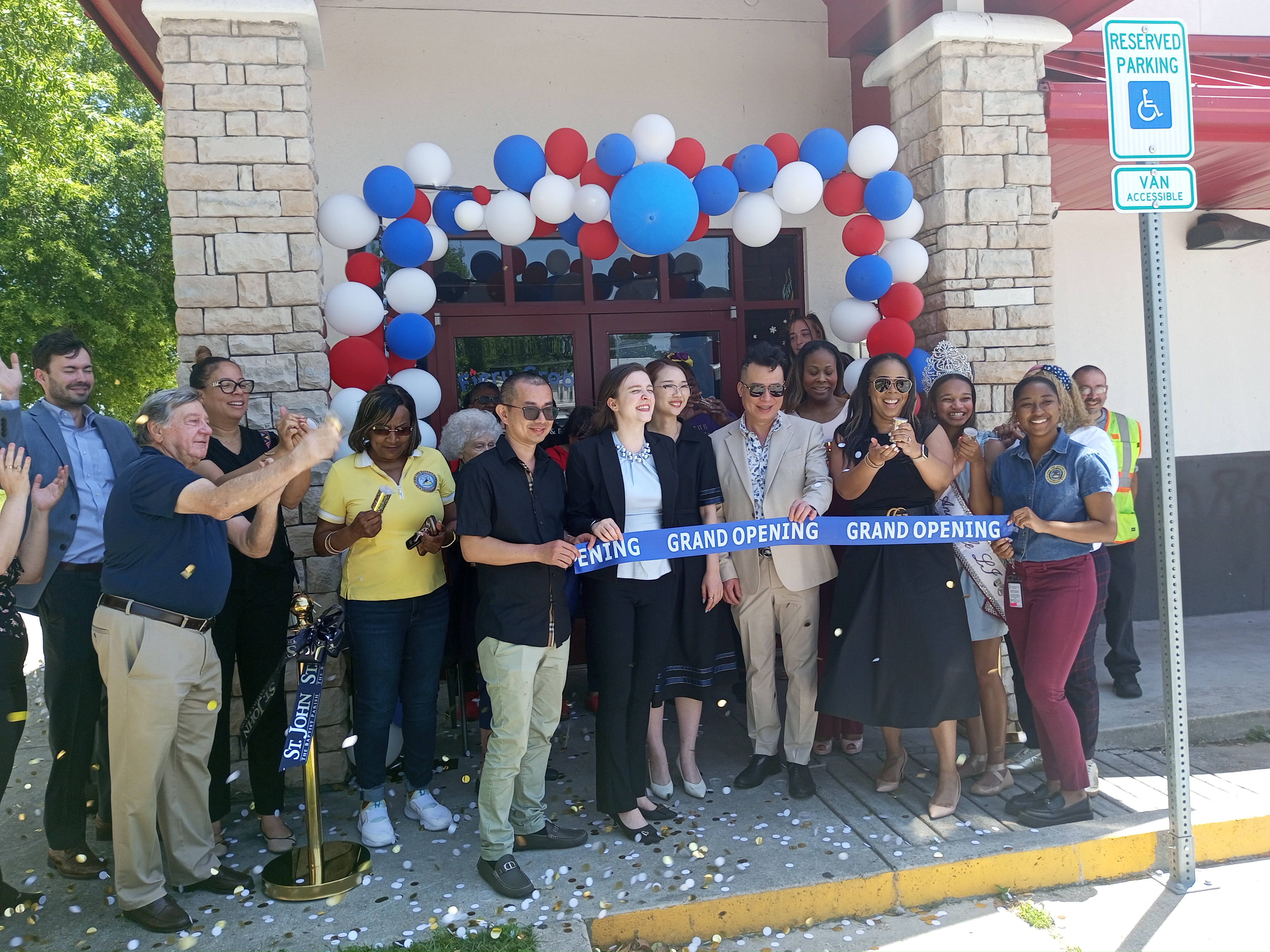Nothing mock about students’ patriotism
Published 12:00 am Friday, October 25, 2002
By MELISSA PEACOCK
LAPLACE – Frank Kerner is a Republican and he recently cast his vote for U.S. Senate. This year his vote is going to state representative Tony Perkins.
“I voted for Tony Perkins because I am against abortion,” Kerner said.
Even though this is only his second year voting, Kerner is very opinionated on the elections. He is eager to cast his support to fellow conservative Perkins.
But this is not a normal election and Kerner is not your average voter. He is, in fact, a sixth-grade student at LaPlace Elementary School.
He is just one of many students participating in the 2002 National Student/Parent Mock Election.
LES held mock elections Friday and students in the Gifted and Talented program, like Kerner, not only voted at the elections, but operated the polls for fellow students.
Lines of LES students, grades four through seven, entered the tiny trailer on the campus to cast their votes. In a three-part election process, they registered to vote, dropped their ballot in the ballot box and then collected stickers and a “good voter” card.
Kerner, a future archeologist, said the program taught him how important voting is in the United States.
“It will help the country out,” Kerner said. “It will show we actually have freedom to believe.”
The National Student/Parent Mock Election is a national voter education program. It begins in classrooms with a curriculum guide for teachers and a video for students.
Posters listing all the candidates and their platforms are circulated around the school to give students an idea of who they might like to vote for.
Isaac Parker Jr., an election volunteer working behind the ballot box, voted for current U.S. Senator Mary Landrieu.
“Because she raises taxes so that we can get better streets and school supplies,” Parker said.
The ambitious elementary student hopes to study law when he graduates from high school. The mock elections gave Parker first-hand experience with national voting laws.
Carried out during normal school hours, it was not possible to make it as “realistic” as teachers and administrators would have liked. Ballots were given out in class and were tallied by teachers.
“In an ideal world, we would get to cover it in a different way,” Gifted and Talented teacher Margaret Meynard said.
Despite the small amount of time teachers have to cover voting and elections, Meynard and other member of the LES education team believe the advantages of the program are great.
“It acknowledges the whole process,” Meynard said. “Sometimes I think that is what is missing (from lectures alone).”
The mock election is designed to teach students the importance of the election process early on. Program administrators hope that targeting students before they reach 18 will help to increase the number of young voters at the polls.
Meynard will select a student representative to accompany her to Edgard before Nov. 1 and the student will enter the LES election results into a computer at the parish courthouse.
President Abraham Lincoln encouraged “Ballots not Bullets” to affect political change. Today, teachers and students at LaPlace Elementary, and around the nation, are continuing in that democratic tradition.





